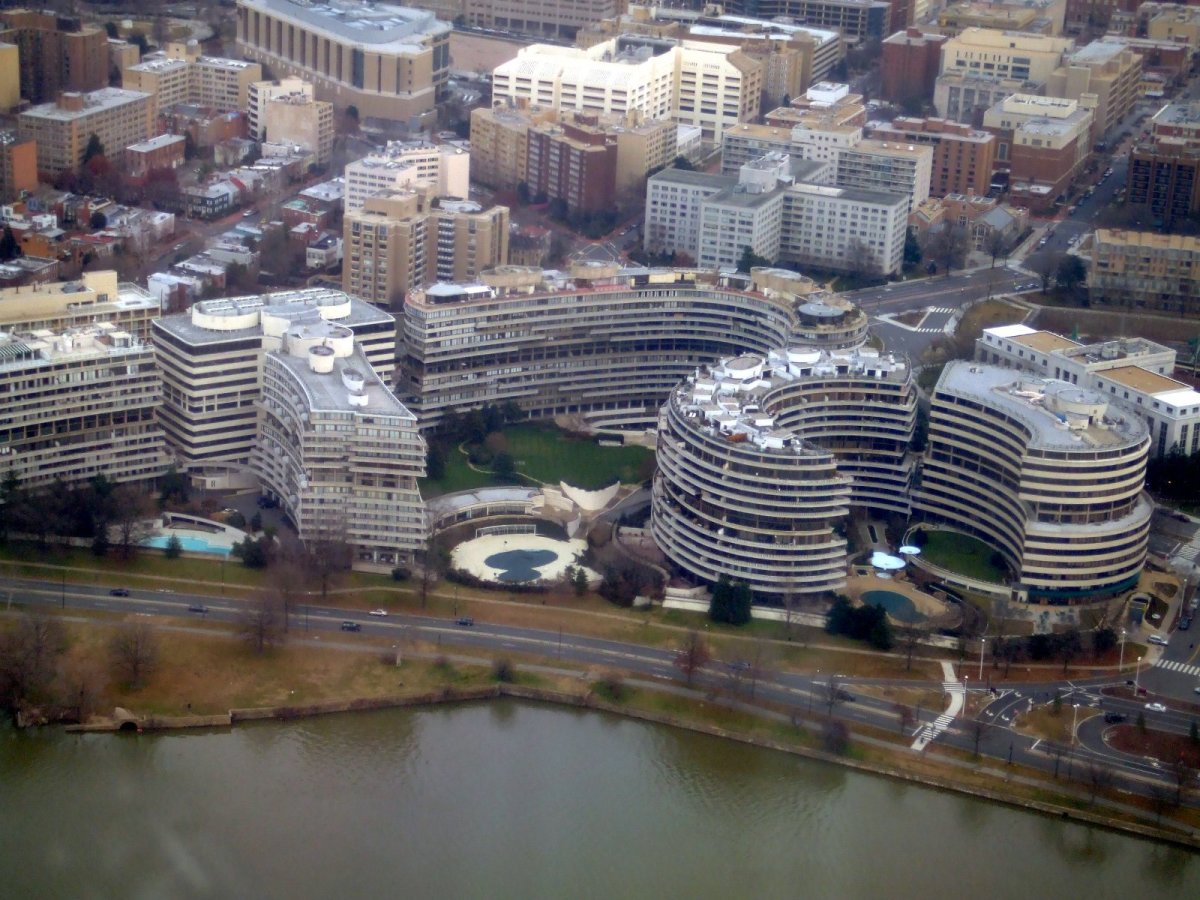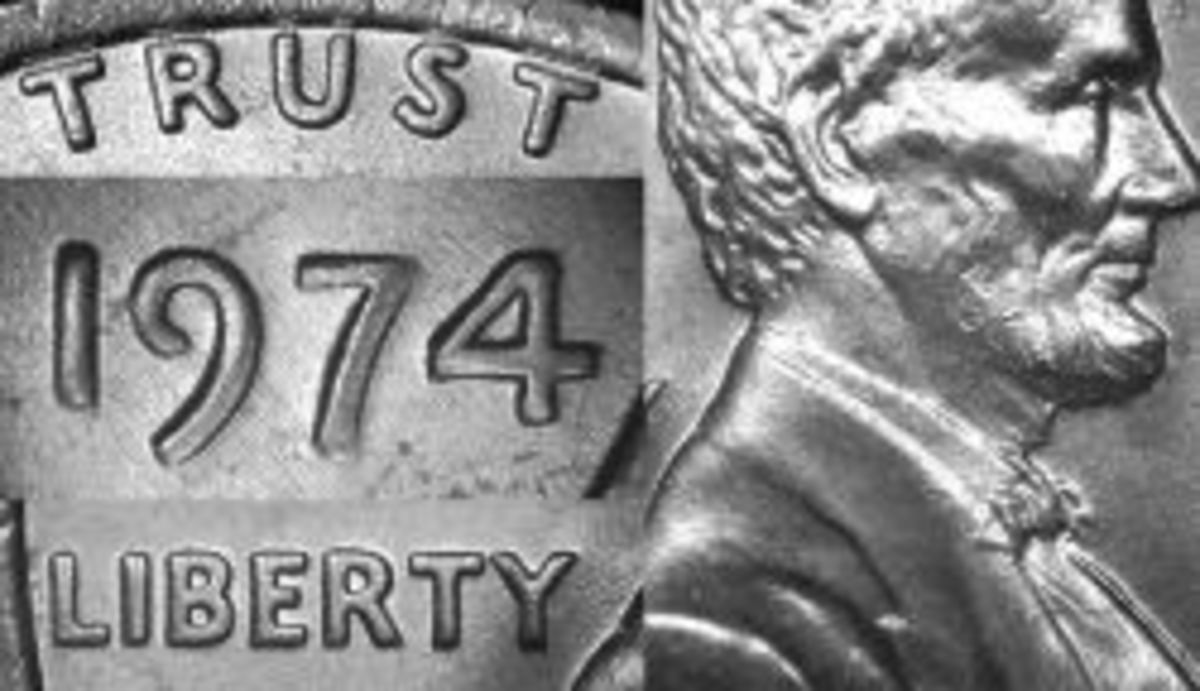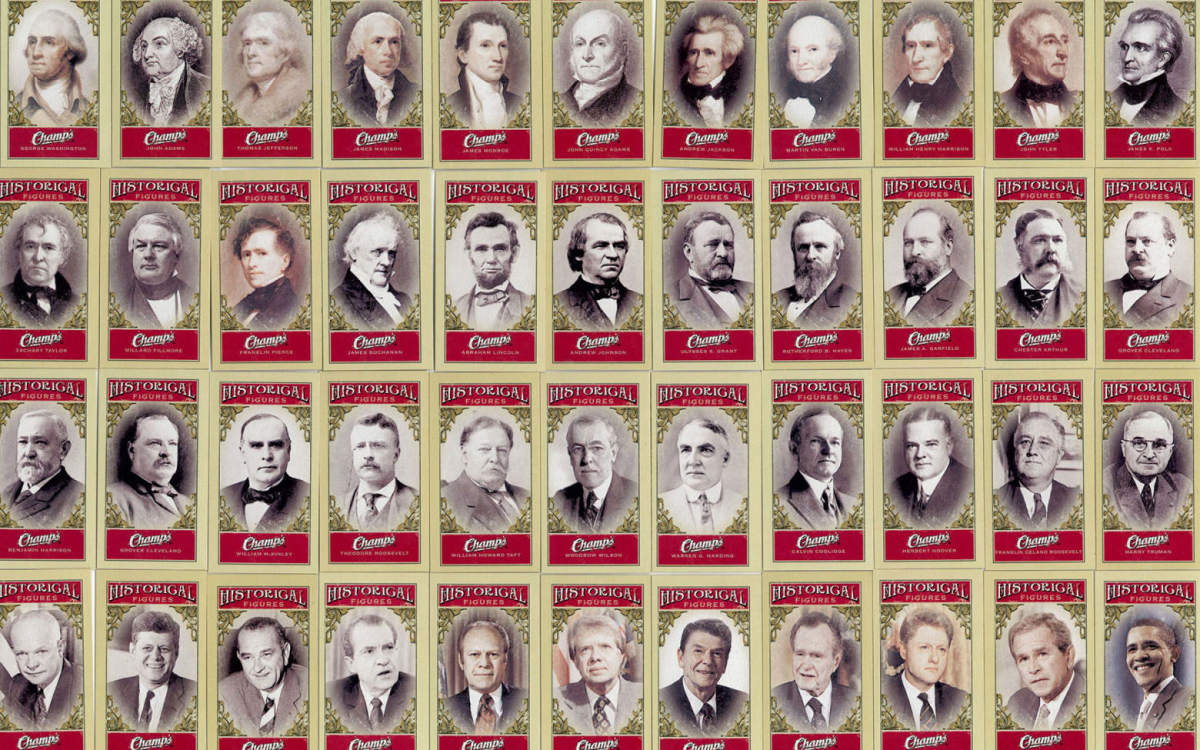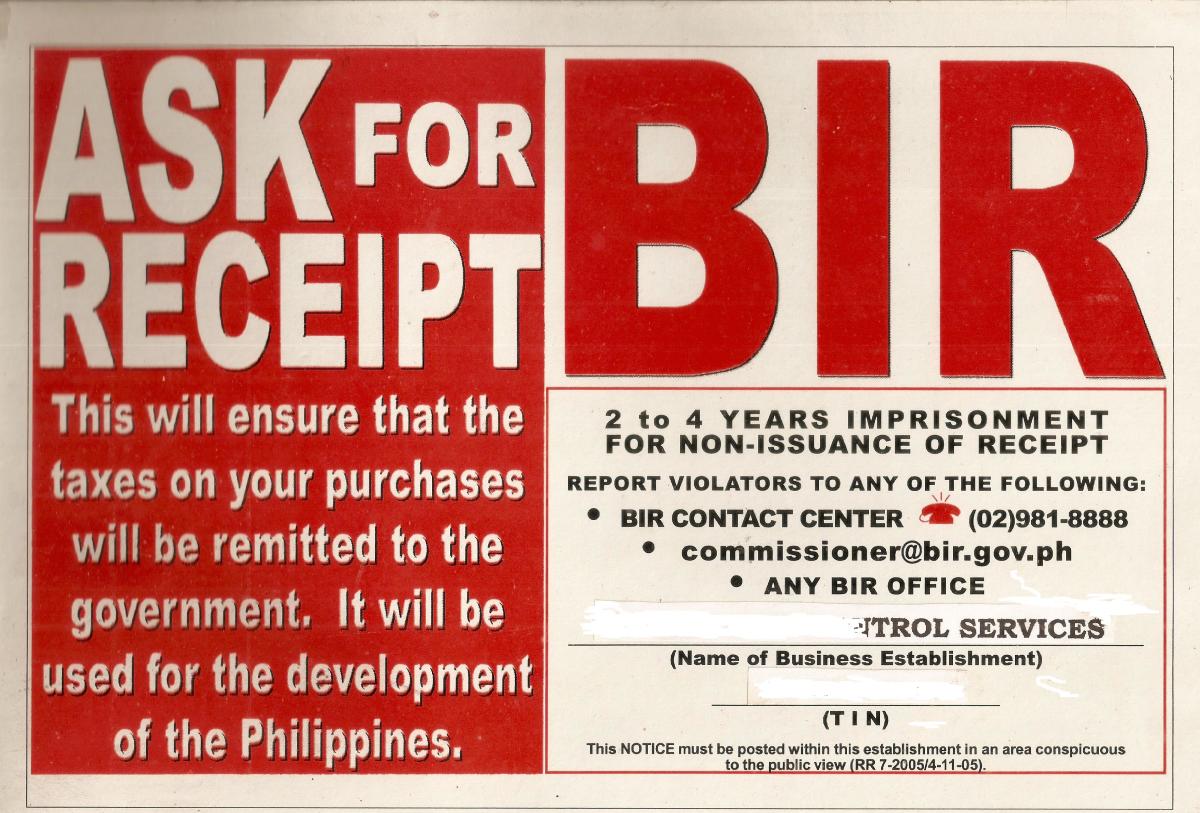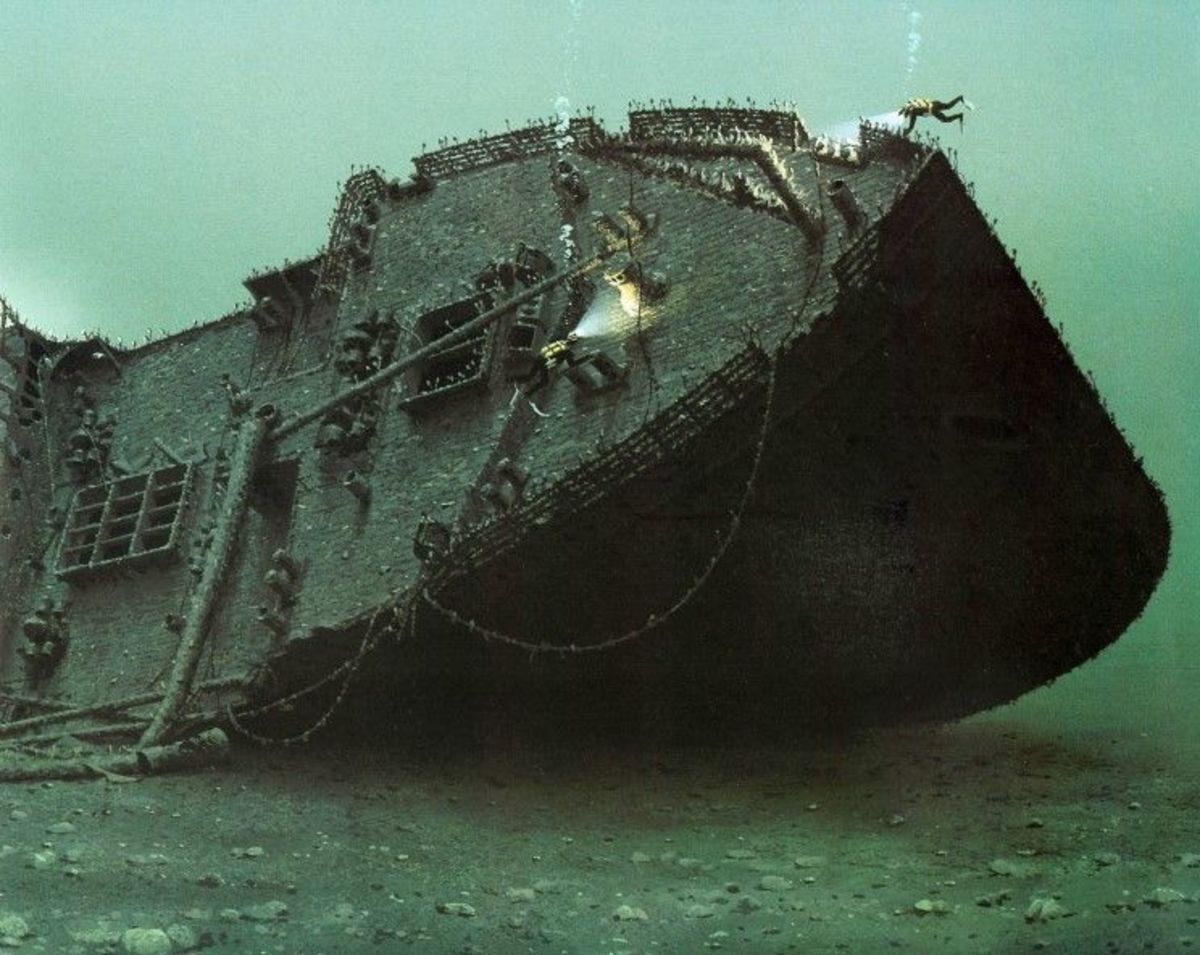- HubPages»
- Education and Science»
- History & Archaeology»
- History of the Modern Era»
- Twentieth Century History
Nixon and the Watergate Scandal: A Constituional Crisis
Nixon Watergate: A Constitutional Crisis
The Nixon Presidency and a Constitutional Crisis –
(An imaginary conversation between a teenage son and his father who is an attorney. This conversation takes place in the summer of 2009.)
By Michael M. Nakade
(Historical information indicated in this work came mainly from The Teaching Company’s two lecture series: 1) The History of the United States, Part VII, lecture 65 “Richard M. Nixon and Watergate,” by James Shenton and 2) The History of the Supreme Court, lecture 30, “From Abortion to Watergate,” by Peter Irons.)
Son: Dad, I learned about Richard Nixon in my history class today. He is the only one who resigned from the presidency. That must have been an unusual event in American history.
Dad: Oh my. I feel old all of a sudden. I was your age (15) when Nixon resigned in the hot summer of 1974. I can’t believe that it has been 35 years. I lived through that tumultuous time. Now, it is being taught in your history class. I must be really old.
Son: Yeah, you are. I was born in 1994, Dad. The Nixon era happened 20 years before I was born. To me, it’s ancient.
Dad: I understand. Things that happened before you were born are what you learn in history class. For our generation, Nixon and the Watergate Scandal are something we lived through. We don’t see Nixon as an ancient figure. I am glad that you and your classmates are learning about Nixon. I realize his significance in our nation’s history.
Son: My history teacher said that he would have been impeached in the House and convicted in the Senate had he not resigned. He got busted for trying to cover up his spying activities. It doesn’t sound like a serious enough crime to me, though.
Dad: On the surface, it doesn’t. The U.S. Constitution says that the President can be removed from office for Treason, Bribery, or other high Crimes and Misdemeanors. A little cover-up does not sound like a big deal, right?
Son: Right. But, I don’t know what ‘other high crimes and misdemeanors’ mean. Is it possible that Nixon’s cover-up fall into this category?
Dad: Absolutely. Nixon abused his executive power. His actions during the entire Watergate period were disgraceful. His crime led to a constitutional crisis. By the time he left office in early August of 1974, he hardly had any support from American people.
Son: Now, dad, what was so disgraceful about Nixon’s conduct?
Dad: Right from the start, Nixon was an insecure man. During the presidential election of 1972, he wanted to find out what his opponent was up to. So, he had highly dubious characters break into the office of his opponent. The main goal was to bug the office’s telephone system so that Nixon’s men could eavesdrop the opponent’s phone conversation. You have to remember: Nixon was an incumbent president, running for reelection. It’s an act unbecoming of the president of the United States.
Son: Yes, I agree. My history teacher said that those guys were caught inside the office by the security guard and that they were linked to Nixon. The scandal became known as the Watergate Scandal because the office was inside a building called The Watergate. But, Nixon won the election in 1972, and he denied any involvement whatsoever, right?
Dad: Right. Nixon insisted that he didn’t know anything about the activities of those men, and the issue might have died down. But, it didn’t. Why? Two Washington Post journalists smelled a rat and pursued the story. They discovered intricate arrangements in financing the break-in operation. Suddenly, many people felt that the issue was much bigger than those five guys doing a little mischievous thing.
Son: Then what happened?
Dad: Nixon kept denying any direct involvement in this whole thing. But, little by little more evidence began turning up. The Washington Post reporter had an anonymous insider informant. The case against Nixon was building up.
Son: But, Nixon could keep denying his involvement. I am sure that he was a smart guy. He could have destroyed any evidence that could link him to the break-in. Why couldn’t he nip the bud before things got out of control for him?
Dad: Well, I think he tried. He appointed an in-house investigator to the Watergate break-in, and of course, the investigator cleared Nixon of any wrong doings in the matter.
Son: But, American people weren’t that stupid. It is as if I got in trouble, and I appointed you, my own father, to be the investigator. You would then report that I didn’t do anything wrong and therefore, I would be declared innocent. This kind of investigation has no credibility, Dad.
Dad: You’re right. The more American people read about the newspaper reporting, the more they felt the need to get to the truth of the matter. The senate set up a committee to begin a more thorough and independent investigation. And, a former aid to Nixon began giving damaging testimonies to the office of the special prosecutor. Not a day went by without hearing about the Watergate Scandal throughout the year, 1973.
Son: So, what the year 1973 like?
Dad: It was like a drama building up. One that disgusted us was the fact that Nixon had installed secret recording devices in the White House so that he had evidence of who said what and when. Nixon was, in essence, spying on his own staff at all times. Over hundred hours of tapes were stored somewhere inside the White House. We all felt that Nixon was an extremely sinister and sneaky person. It seemed that he trusted no one.
The more we heard about the Nixon White House, the more pathetic we felt about Nixon. It seemed like the entire year was spent on trying to uncover Nixon’s dirty tricks.
Son: Wow. I didn’t know that Nixon was a sick man.
Dad: That’s not all. There was an incident known as the Saturday Night Massacre. He had ordered the firing of the Special Prosecutor. His attorney general resigned in protest. The second man resigned in protest, too. Finally, the Solicitor General agreed to fire the Special Prosecutor. It was ugly. Nixon had guilty written all over him on that Saturday.
Son: Wow. Nixon could just fire the Special Prosecutor! I didn’t know that he could get rid of the very person who investigated him. But, in any event, firing must have made it look like he had something to hide.
Dad: Of course, he had something to hide. He fired the Special Prosecutor because those secret White House tapes were subpoenaed. Nixon didn’t want to give up those tapes for others to hear.
Son: So, what happened after the Saturday Night Massacre?
Dad: It is fair to say that the whole nation was outraged. Nixon knew that he was walking on very thin ice. The new special prosecutor was appointed, and he, too, asked for the White House tapes. Nixon grudgingly obliged. But, there was more.
Son: Like what? Did Nixon pull off another trick?
Dad: Yes. That was classic Nixon, I thought. The one tape that he submitted had some blank spaces. 18 minutes to be exact. It was the conversation between Nixon and his top aid on June 20, 1972, a few days removed from the news of Watergate break-in became public. It was all too easy for all of us to imagine that Nixon erased the recorded conversation in that tape because it would easily implicate him for the cover up.
Son: So, he did erase the evidence. Oh my goodness.
Dad: Well, Nixon’s secretary said that she made an error in operating the recording device while answering the phone and insisted that it wasn’t intentional. Do you think anyone believed her?
Son: Of course not.
Dad: Well, the forensic evidence later showed that it was not accidentally erased. It was deliberately erased. The secretary’s explanation didn’t fly at all. Anyway, the issue of how many more recorded tapes were to be subpoenaed became a big issue. The dispute ended up in the Supreme Court in 1974. But by then, the call for Nixon’s impeachment was getting really loud. He looked too unfit to remain the president of the United States.
Son: I had no idea that the Watergate Scandal led to the Supreme Court case. I bet Nixon lost the case.
Dad: Yes, he did. Nixon again refused the subpoena of additional tapes by the Special Prosecutor’s office, citing the executive privilege. The Supreme Court accepted none of this garbage. The Court ordered Nixon to surrender tapes. Nixon could not use his position as a shield any more.
Son: I never heard that the sitting president and the Supreme Court battled over tapes.
Dad: It was the Supreme Court’s way of making a statement that the President of the United States was not above the law when the issue involving a criminal investigation. Sure, we all understand that certain military and diplomatic information need to remain confidential for the sake of the national security. But, those tapes were not to remain confidential. I think that the court’s message was loud and clear.
Son: So, that’s how Nixon gave up the fight, right?
Dad: That was pretty much the last straw for Nixon. With the Supreme Court’s unanimous decision, Nixon had nowhere to hide. A few days later, the House decided to begin the impeachment process. Nixon’s removal from office seemed certain during that time. So, he resigned.
Son: I still don’t understand why Nixon had not gotten rid of those tapes right away. It seemed silly that he recorded his own conversation about the cover up with his top aids in the White House. Then, he kept those tapes. That was so dumb. It’s like he created his own evidence and kept them for others to use them later to indict him.
Dad: That’s the irony. Nixon was a very sinister man. He thought he would avoid “he said, she said” (his words against my words) dispute later with those tapes. But, of course, tapes came back and haunted him. Later in his life he answered the question about that in an interview. He said that he had ordered his aids to destroy those tapes, but the order wasn’t carried out. It proves once again the old saying, “If something important needs to get done, do it yourself.” Nixon should have done it himself. Then, he might have kept his job a little bit longer.
Son: Okay, Dad. Thanks for telling me about the Watergate Scandal. I hope we’ll never have another president like Nixon.
Dad: We can only hope. America is a free country. Sometimes, American people make bad choices and get a wrong politician to the White House. Democracy is not fool proof. We all need to study and learn about candidates before voting.
Son: I see what you mean. I think learning from past errors is a necessary thing to do.
Dad: Absolutely. One historian said, “Those who do not learn history are condemned to repeat it. To me, the Nixon presidency is a great case study. America should NEVER have to deal with another Nixon in the White House.

